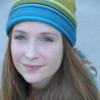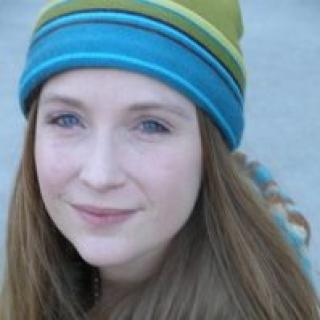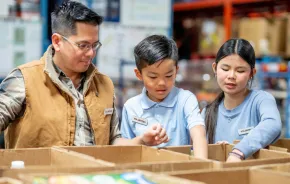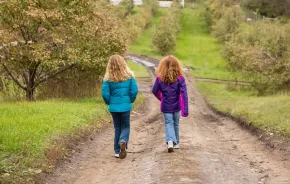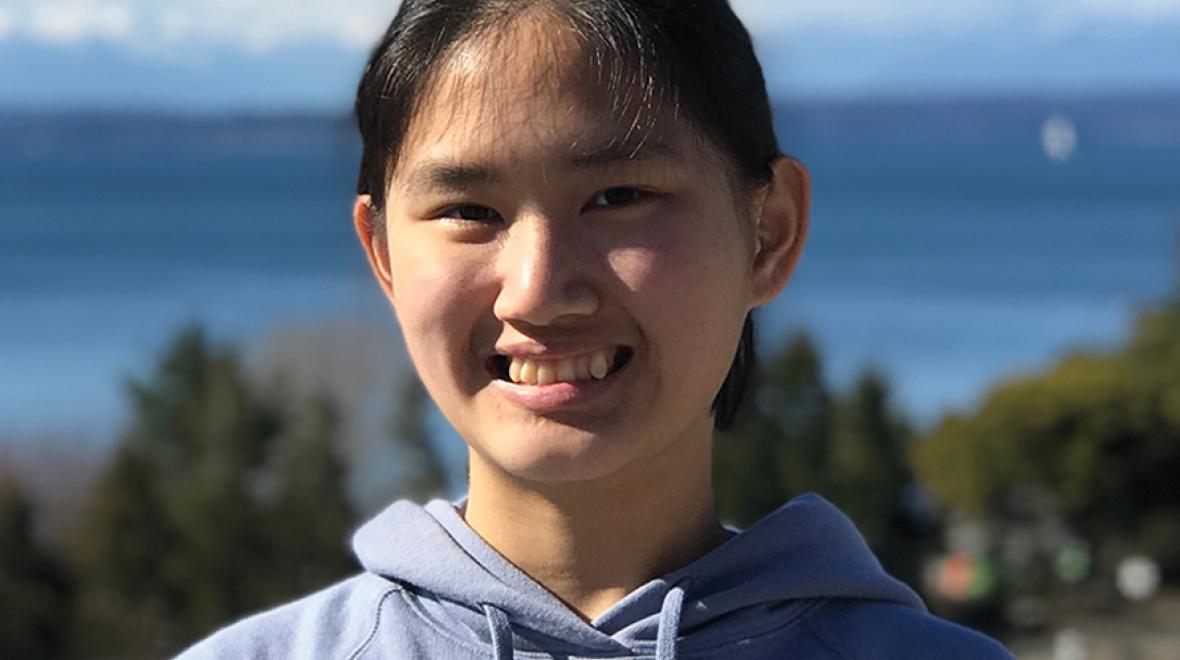
Editor's note: This article was sponsored by the Bill & Melinda Gates Foundation.
Sophia Lin, a 15-year-old junior at Newport High School in Bellevue, is an inspiring example of someone who is committed to paying back by paying forward. Her experience of growing up with a disability that required her to wear hearing aids and utilize assistive devices in order to participate in school has fueled in her a passion for coding seamless solutions to improve accessibility to technology, products and services by people with disabilities. “Having access to a support system and to [assistive] resources made me want to be able to improve the accessibility of devices for other students like myself in my community,” says Lin.
She’s off to an impressive start. This past summer, she collaborated with her older twin sisters, Elizabeth and Christin, to start a summer immersion training platform, STEM League Developer Program, designed to teach kids to code solutions to support the needs of their communities. We caught up with Lin to learn more about STEM League and her plans for the future.
What is the mission of STEM League?
We want to educate and inspire the next generation of creators. The program is designed specifically for sixth- to tenth-graders — we want to equip them with the technical and interpersonal skills to build their own personal projects and pursue their own interests. Our developer program offers two tracks: data programming with Python and web development with HTML, CSS and JavaScript.
We spent countless hours planning and crafting our program curriculum. We took into consideration the interests of middle-schoolers and high-schoolers and collected feedback to adjust the curriculum when necessary to provide a more suitable and effective learning schedule for the students. We were able to teach over 300 young students how to code from late June through late August.
Throughout this pandemic time, it’s been difficult to find a stable learning platform to learn computer science, which is a very crucial and essential skill. Personally, I guess I wanted to give back to my community and become a mentor to younger students who needed to find more support in their educational journey.
How did you get the support you needed to develop coding skills?
I took a Python class in middle school. And I also developed on my foundational skills with my sisters, who taught me how to code for data programming and web development.
What sort of coding projects did students tackle as they progressed through the curriculum?
Some students decided to build a website that promoted a business that their family member was involved with. Some students really liked games, so they created games of their own. Some did projects to raise awareness about current global issues, such as climate change.
Do you feel like this experience points you in a direction for your future education or career path?
I’m very interested in artificial intelligence, data science and wearable technology. So, yes, I think it is very connected to my future aspirations. I am planning to pursue computer science in college.
Do you have any advice for a young person who wants to take action on their ideals and ideas?
Many young students dream a lot and they always have an imagination for the ideas they want to implement. I would say that to implement your ideas and take them into action, start with what your mission is. And then take a first step to reach out to others — maybe to a friend or maybe there’s an organization that correlates to your goal. Then, guide a group to discuss your ideas and plan out what you want to accomplish.
What would you say is a parent’s job in supporting their child’s aspirations?
I think that parents play a major role in their children’s education. Ask your child about what they’re interested in and let them experience different programs and community support groups that relate to that idea. That will make them more comfortable in reaching out to talk about what they’re interested in doing or studying.
How have you weathered the pandemic over the past few months?
I have found that virtual learning can be difficult — as everyone has experienced — but I have been able to find more resources online that I can utilize and learn from. This summer, I also participated in the AI4ALL summer program at the University of Washington, where I gained exposure to fundamentals of machine learning, artificial intelligence and data science. We engaged in conversations on access for technology, which is what I am really interested in.
Tell us about one of your pet coding projects?
This summer I worked on developing an educational iOS mobile application. What inspired me to create it was that I recognized the need for producing a platform that addresses different learning styles. I realized that many high school students, including myself, struggle to find a study method that they can utilize to retain information from their classes. I learned that there are four main types of learning styles: reading/writing, visual, kinesthetic and auditory. I wanted to bring to light this essential topic by providing educational study resources and guidance, tailored to different learning styles. I’m still working on it!
Who do you consider to be your most important mentors?
I would say that my oldest twin sisters have helped me a lot as mentors — they are both role models I look to for advice. Elizabeth studies computer science and Christin studies electrical computer engineering, both at the University of Washington, so they always tell me how I can improve my skills and be more involved in contributing to the community.



